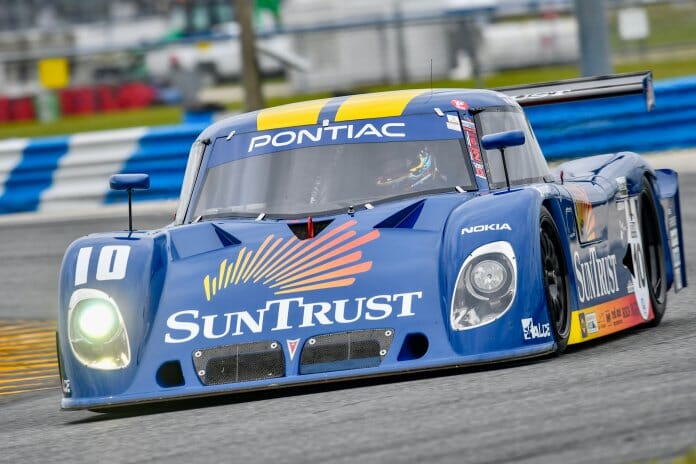Editor’s note: Riley Technologies delivered its first supply of the PAPR Masks to the hospital on April 23.d
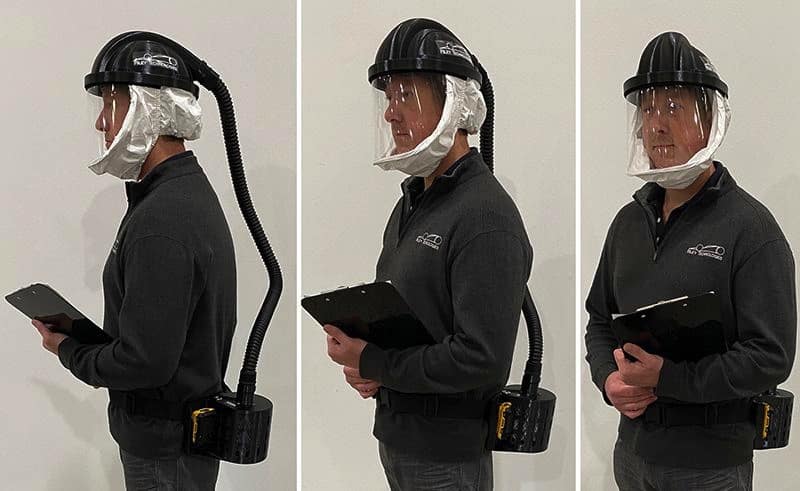
Bob Riley and his team are known for building some of the most successful racing cars ever produced. But now, Riley Technologies is involved in another race, the race against the coronavirus pandemic.
Riley has been asked by the Piedmont Medical Center in Rock Hill, South Carolina, about helping to overcome the short supply but high demand for Powered Air Purifying Respirator masks for medical caregivers.
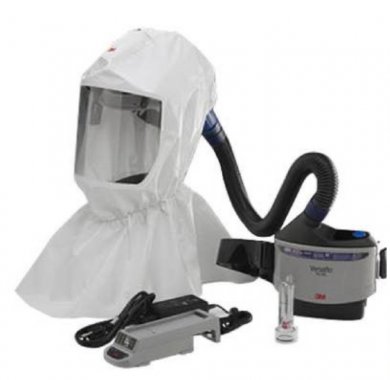
“It’s really a great honor that our motorsports background and engineering skills can be used on a project like this,” Christian Rushforth, Riley Technologies senior designer, is quoted in a company news release.
“Rather than just watching and sitting on the sidelines we are actually involved right in the middle of this to develop a new product to keep the medical doctors and nurses safe. It is truly an honor.”
Bob Riley, now in his late 80s and already a member of the Motorsports Hall of Fame of America, produced cars that won the Indianapolis 500 and more than a dozen times in the 24 Hours of Daytona. He founded Riley Technologies with his son, Bill, to produce racing cars and components, including those for NASCAR.
However, with racing stopped by the pandemic, the Rileys were wondering about how to keep their team busy when they were contacted by the hospital. In their news release, the Rileys note that it was one of their racing competitors, Composite Resources, which alerted the hospital to the Rileys’ expertise.
“Composite Resources began its own production of personal and institutional mouth and nose face masks in late March and demand was immediate,” Riley Technologies said. “Composite Resources referred Riley when their neighbor hospital needed the more elaborate design, engineering and construction required for the medical-grade PAPR masks. Composite Resources has in turn already introduced Version 2 of its masks with sales in the thousands to date, and even higher numbers expected in the coming months.”
A social-distance-safe meeting was held between the Riley team and hospital staff and the Riley group went home with photographs of PAPR masks and with a damaged PAPR unit no longer suitable for service.

“Being that we are in the fast paced, R&D and motorsports circle, we are used to designing and building products very, very quickly that do a really good job for the people that are going to use them,” Rushforth said. “We went straight to work on a prototype.”
Already experienced in “helmet-blower” fresh-air cooling systems used in auto racing, the Riley team went to work, using both its in-house carbon fiber composite and 3D printing capabilities while it started souring other components from known suppliers.
“We can do much of the work in-house, but we are also trying to find parts that are readily available,” Rushforth said.
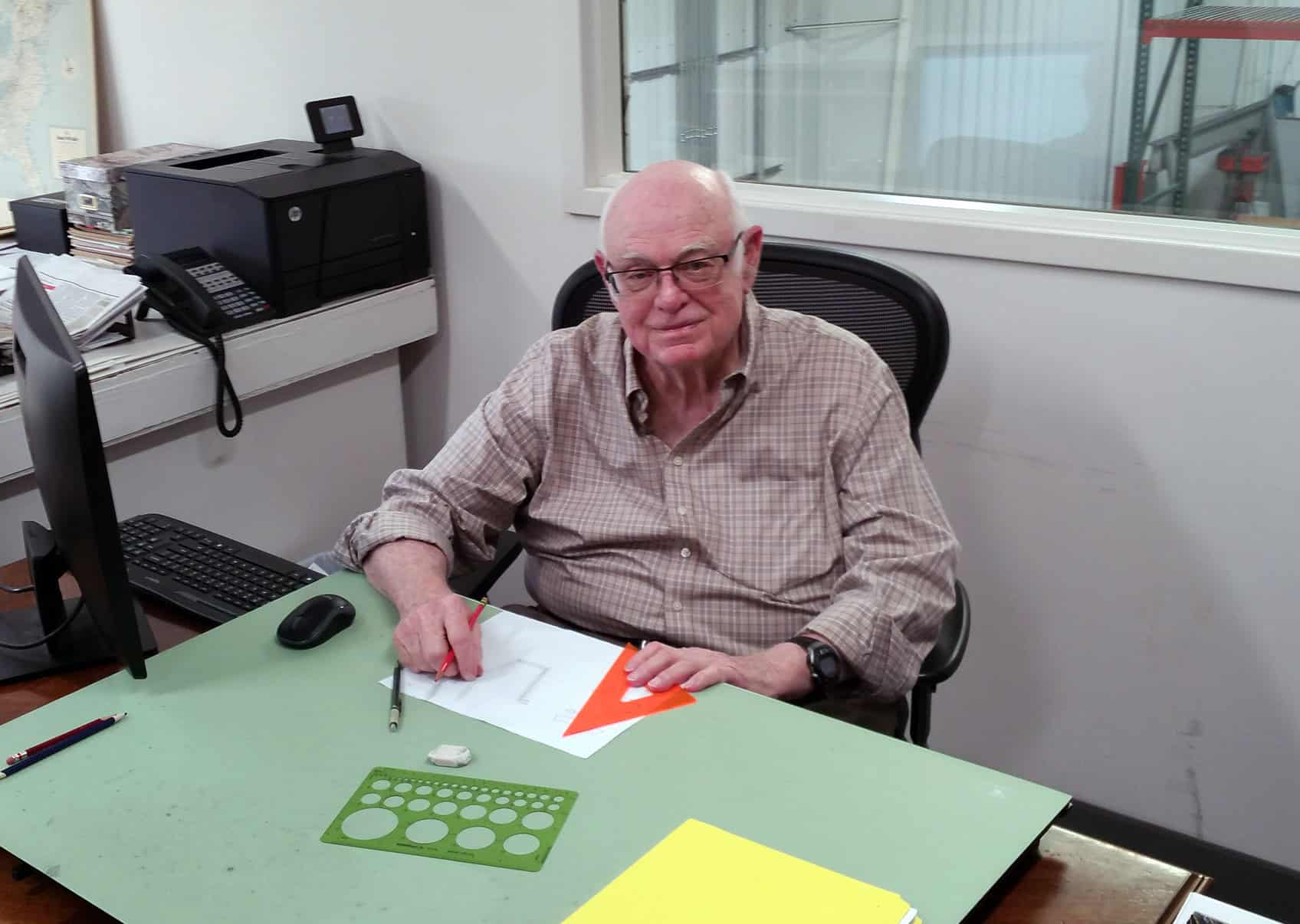
“Each mask is connected to a box that rides on the hip of the user. Inside is a filter and motorized fan, and none of those exact parts currently exist or are available. So, what we are doing is searching to find off-the-shelf parts from within our industry, designing our own filters, designing the housing box and then the vent pipe that extends from the box to the back of the mask.”
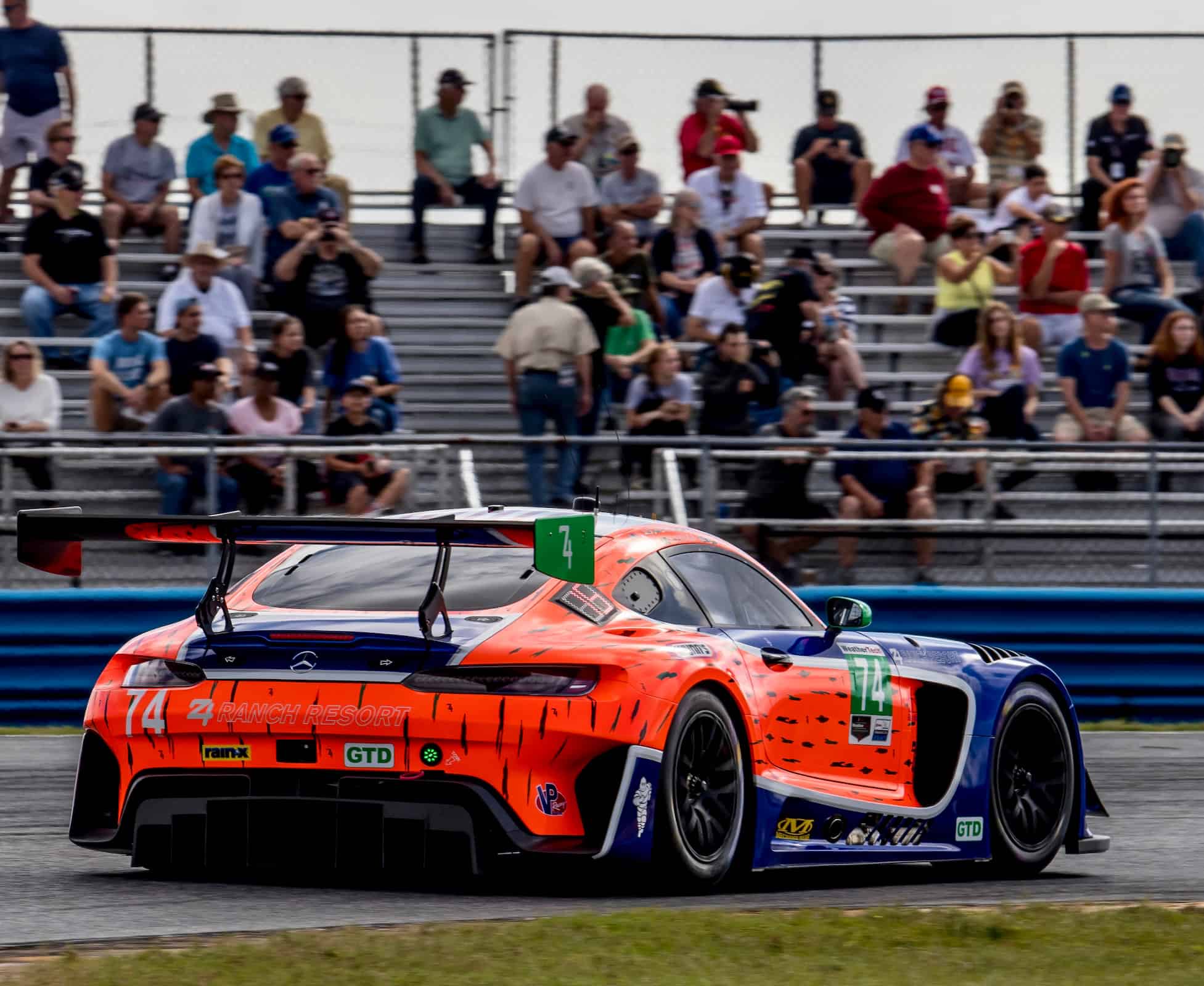
Tyler Hook engineers the Mercedes-AMG No. 74 at the race track… 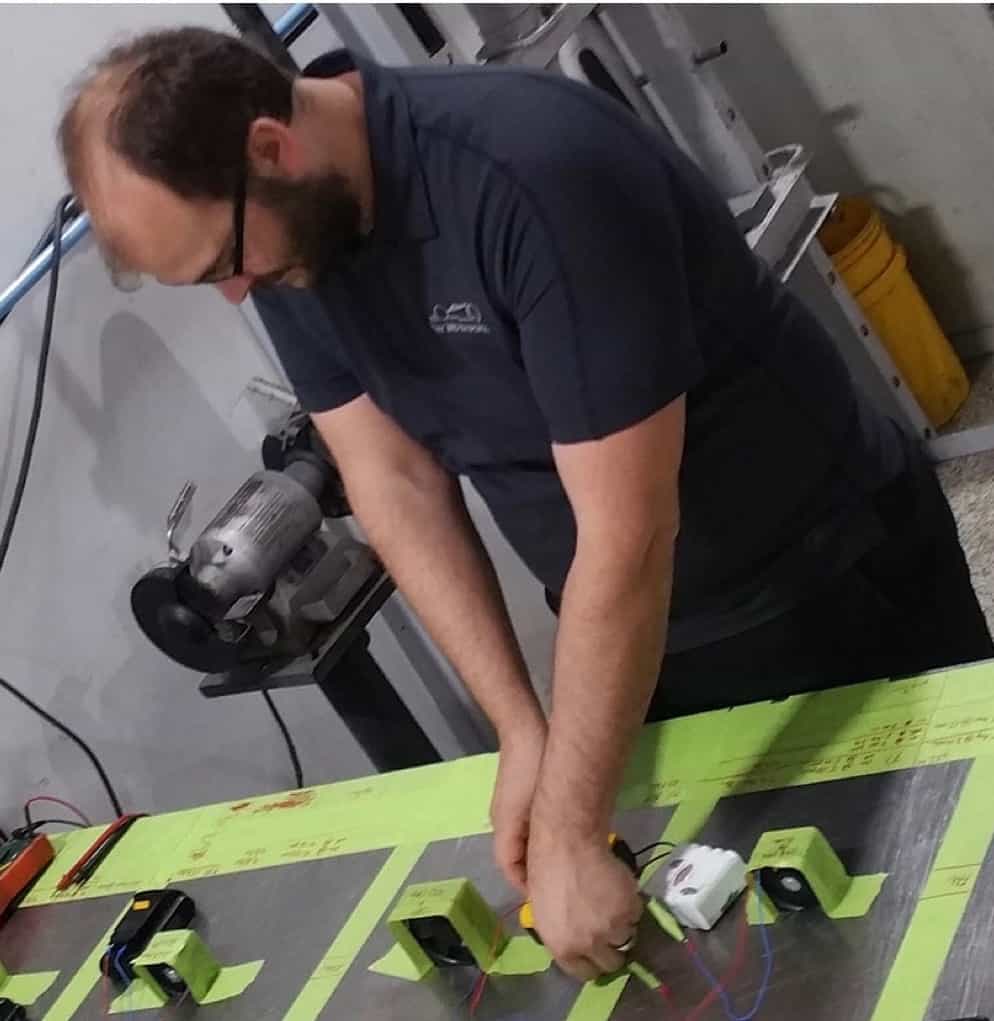
… but now he’s working on electrical components for the PAPR respirators
Rushforth leads the project and is doing the mask design while Bob Riley is designing the box that holds the fan, filter, battery and motor, all of which will be produced in-house. Tyler Hook, a lead engineer for Riley Technologies and Riley Motorsports, oversees all electrical components.
For the power source, Hook is evaluating Riley’s own purpose-built battery pack which features quick-change battery capability.
“We are still in the bench-testing stage so final electrical components have not yet been assigned, but the positive air flow hood at its core is very similar to the race car driver helmet cooling system,” Hook said. “There is certainly some direct technology and knowledge crossover.”
Riley hopes to have a finished prototype back to Piedmont for evaluation, review and testing by mid-April. When approved, initial production will call for between 250 and 500 units for the medical center’s use.
“A successful initial run could quickly see production ramped up to meet a national demand that is already dire,” Riley Technologies added.
“Our motorsports upbringing teaches you what effort and level of resources you need to call on to do things quickly and produce a product that is good, correct out of the box or as close as it can be to working right away.
“There’s not many industries that can produce these concept designs and bring them to fruition as quickly as we do in motorsports. That is good, because the timing for this project is immediate.”



